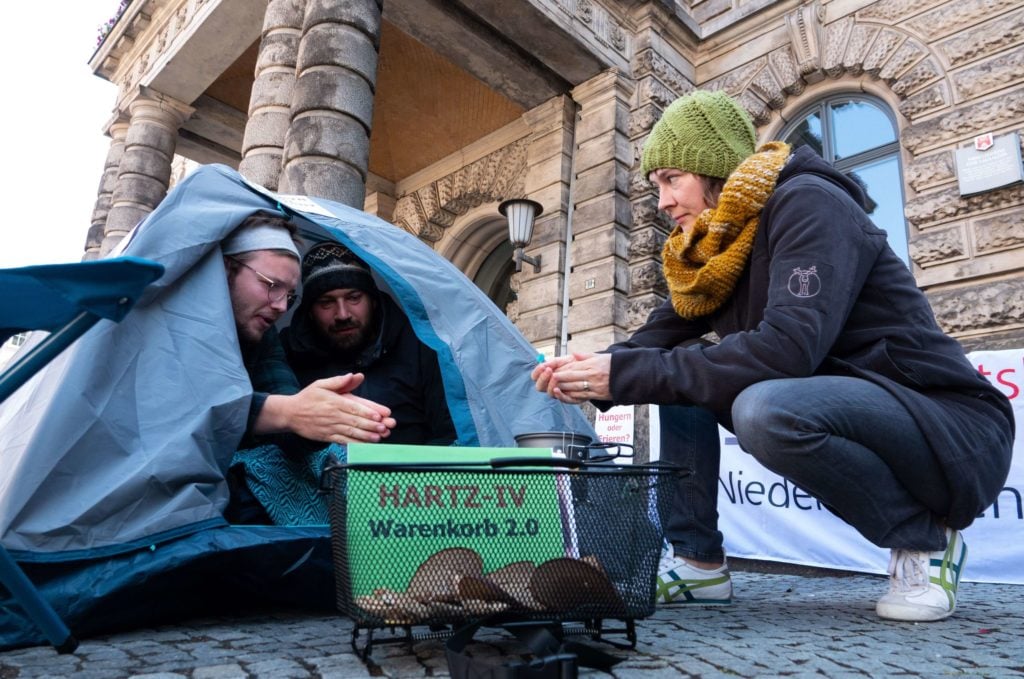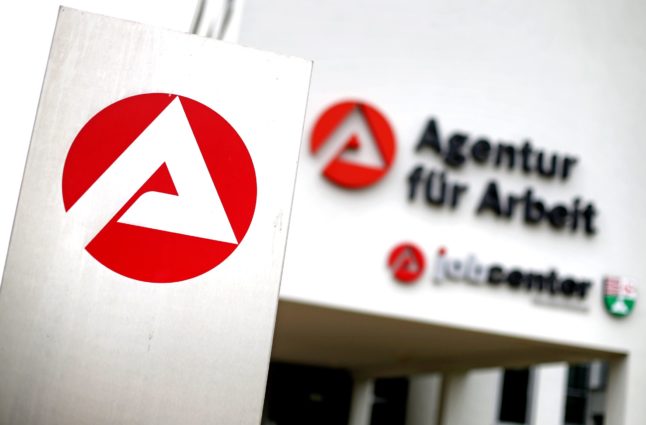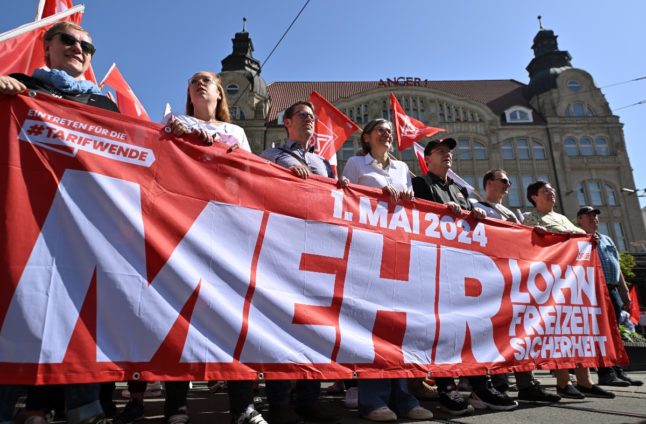It marks one of the biggest reforms to how Germany’s “social market economy” works in years. The current traffic light coalition of the Social Democrats (SPD), Greens, and liberal Free Democrats (FDP) have been working over the last few months on a draft law to replace Hartz IV – the controversial welfare reform brought in under Gerhard Schröder’s Red-Green government in 2005.
Bürgergeld – as the replacement is known, aims at being more generous to unemployment benefit claimants – both in the money it gives and how officials are supposed to adjudicate cases.
When passed, Bürgergeld would ditch many of the sanctions claimants currently get if they miss appointments with case officers or fail to apply for a job.
But the opposition Christian Democrats (CDU) are now threatening to veto Bürgergeld if the draft law doesn’t keep some of these sanctions.
Carsten Linnemann, the CDU’s Deputy Leader in the Bundestag, says ditching sanctions disincentivizes people from trying to find work. He says if they’re not kept, the CDU will vote against the law in the Bundestag and Germany’s upper chamber – the Bundesrat.
READ ALSO: Bürgergeld: What to know about Germany’s unemployment benefits shake-up
How is Bürgergeld different?
Bürgergeld raises monthly support from €449 to €502 for single people. Partnered people get €451 while people with children receive extra benefits per child, with the exact amount depending on the child’s age.
Recipients can also stay in their current homes for up to two years without them being included in the considerations of benefits they can receive. The state would also not be able to touch assets of up to €60,000 for the first two years and €15,000 after.
Under the current Hartz IV, people may end up having to go through their savings accounts or sell their houses to receive certain state support.
Under the current Hartz IV, recipients can also be docked benefits as a sanction for missing appointments with case officers, or for failing to apply for jobs case workers advise them to apply for. The deduction can be as high as 30 percent of their benefits.

Under Bürgergeld, appointments are to become more flexible and informal, no sanctions would be possible for the first six months, and the maximum sanction would be 10 percent of benefits. Case workers will also be told to be more lenient with people who don’t apply for certain jobs, perhaps because they wish to finish up an apprenticeship or other qualification in order to secure better paying work.
If parliamentarians in the Bundestag pass the law as planned, it will soon get Bundestag approval before being sent to the Bundesrat. The Scholz government wants it to take effect on January 1st, 2023.
READ ALSO: Do Germany’s unemployment benefits proposals go far enough?
Can the CDU really block it?
Despite Linnemann’s threats, it’s very unlikely the CDU will be able to block the new law.
The traffic light parties have majorities in both the Bundestag and Bundesrat. The CDU would thus need defectors from the government parties to join them in a rebellion over the law.
While there are some FDP objections to getting rid of sanctions, no one has indicated they will rebel over the law.



 Please whitelist us to continue reading.
Please whitelist us to continue reading.
Member comments